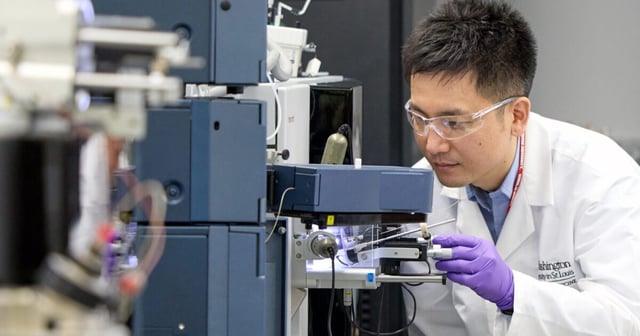Overview
- A new blood test measuring MTBR-tau243 can diagnose Alzheimer’s disease and determine its stage with 92% accuracy, distinguishing it from other conditions.
- Blood biomarkers like tau217, NfL, and GFAP have shown up to 83% accuracy in predicting dementia risk up to ten years before symptoms appear, though they are not reliable as standalone screening tools.
- Emerging research highlights the potential of combining blood biomarkers with cognitive assessments and imaging to improve early detection and guide interventions.
- Studies reveal disparities in Alzheimer’s research, with African American populations facing higher risks but remaining underrepresented in studies and clinical trials.
- Efforts are underway to refine biomarker-based tests for real-world use and integrate them into personalized treatment strategies, targeting different stages of the disease.



